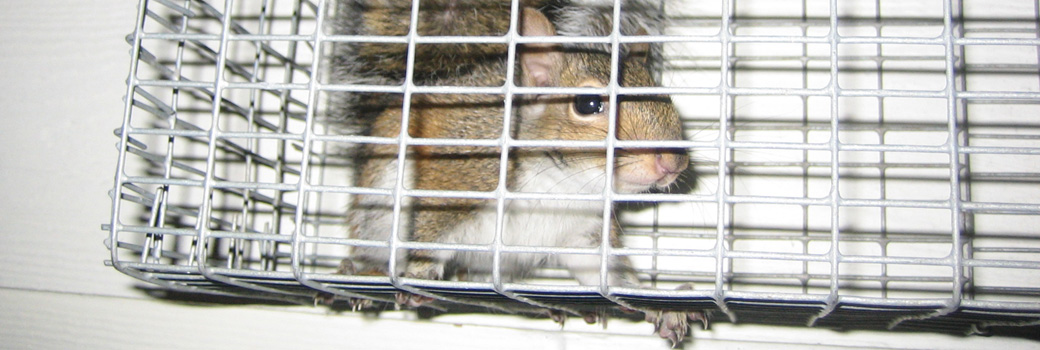- San Antonio Educational Article of the Month - Poisoning squirrels is a no-go
Poisoning squirrels is a no-go
Poisoning squirrels is a no-go
There are more than 200 varieties of Texas squirrels worldwide. Theses furry little rascals are, by their
nature, curious, precocious, and intrusive. Even though a squirrel’s natural habits can cause them to
be destructive and pesky, there are a number of accepted ways to get rid of them that NEVER include poisoning.
In fact, in both North America and the United Kingdom there are no registered varieties of poisons currently on
the market to administer to for the eradication of San Antonio squirrels. Moreover, North America, the U.K., and most of
Europe have laws in place to protect squirrels. Most game and fish regulatory boards classify tree squirrels
as game mammals, making them hunting sport for food. By virtue of this act, it is unlawful to poison them because
they are a possible food source. Several varieties of tree squirrel are currently protected under the law making
it illegal to kill them in an inhumane way. Poisoning animals is considering inhumane, and can be punishable by
stiff monetary fines.

The majority of rodent poisons available on the market today contain chemicals like bromethaline and warfarin. Bromethalin is a neurotoxin that causes
weakness, paralysis, and cerebral hemorrhaging, while warfarin is an anticoagulant that keeps the blood from clotting. These toxins, usually served up
in flavored blocks or pellets, are highly attractive to rats and mice, but are not usually appealing to squirrels. These poisons are also highly toxic to
humans and domestic animals. If you are trying to rid yourself of squirrels in your attic or crawlspace it is potentially a waste of time to lay out poison.
Squirrels most often prefer to eat outside, favoring seeds and nuts. If you happened to poison one (illegally) in your home, you run the risk of not finding
the carcass. This can pose a number of problems. Despite its size, a corpse as small as that of a squirrel can cause a terrible stench while rotting.
The odor will attract bugs and other carrion feeders. A squirrel, rotting from poisoning in your walls can cause health and safety issues.
It can endanger your home, family, and even your pets.
If squirrels in your yard are the problem, be aware that Texas squirrels forage in an area that covers up to 25 acres.
This means laying out large amounts of poison to handle even a few San Antonio squirrels. Not only is this an expensive endeavor,
the poison poses a danger to other wildlife and domestic animals. Many Texas environmentalists agree that the toxins from these
poisons can leach into our water table and pose a threat to our eco-system. There are many different ways to rid you of these
pests. Consult your local San Antonio agricultural agency, wildlife handler, or a pest control service for help. Don’t endanger yourself
or others by turning to poisons to rid your home of squirrels.
To learn more about our services, visit the San Antonio wildlife removal home page.

